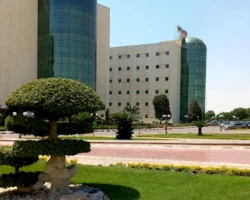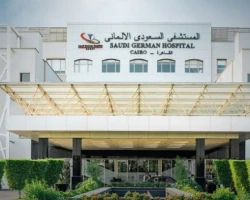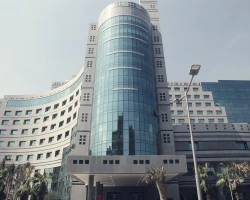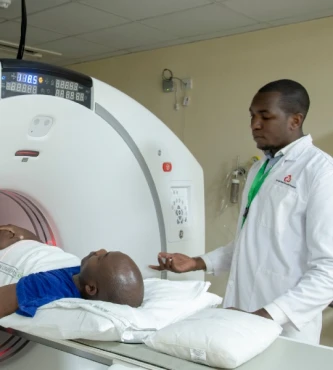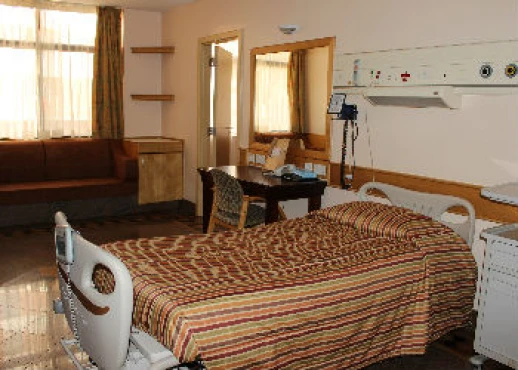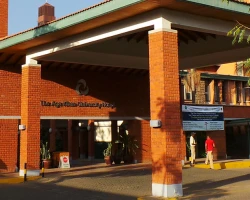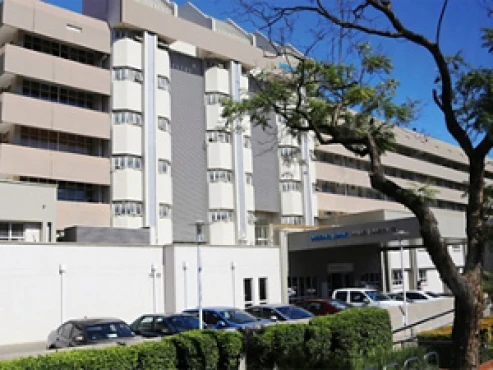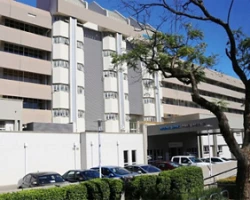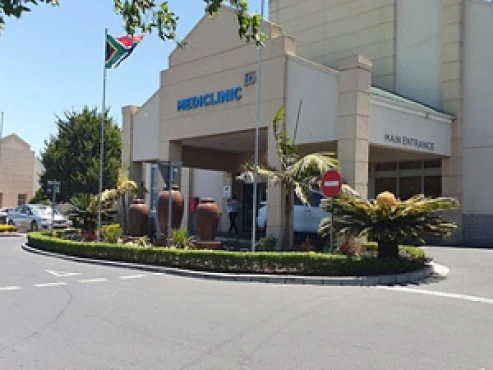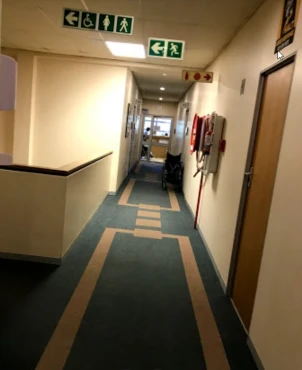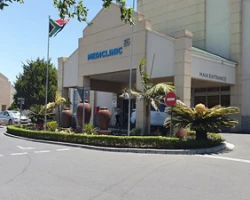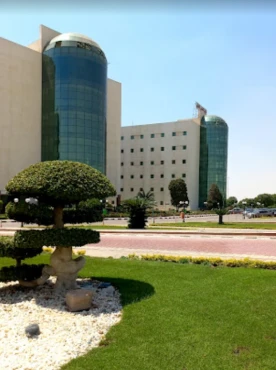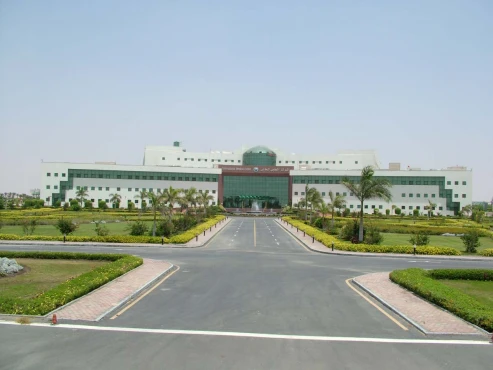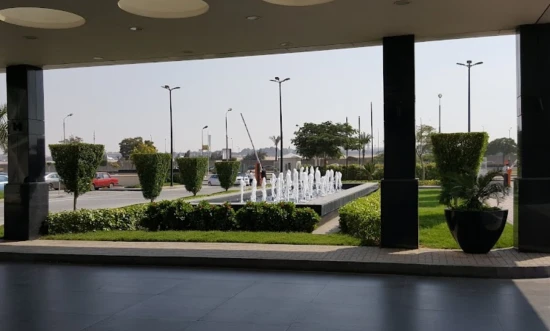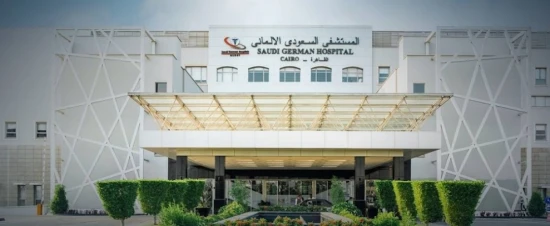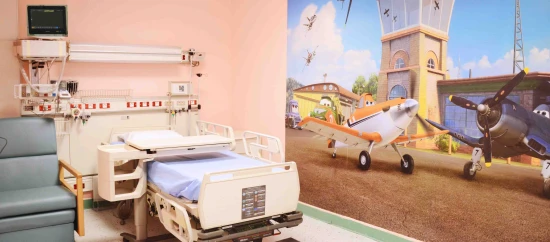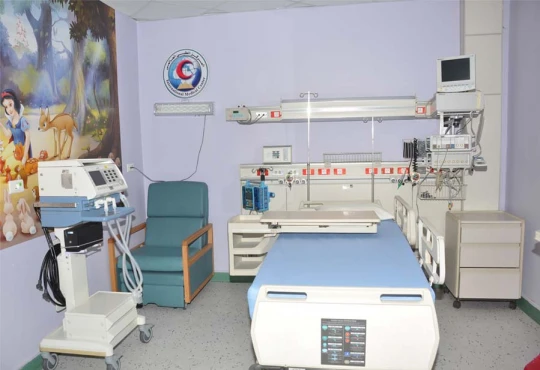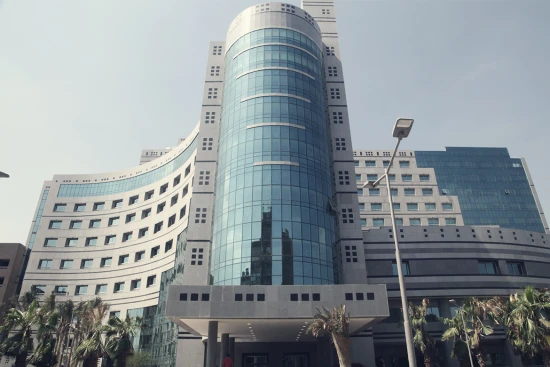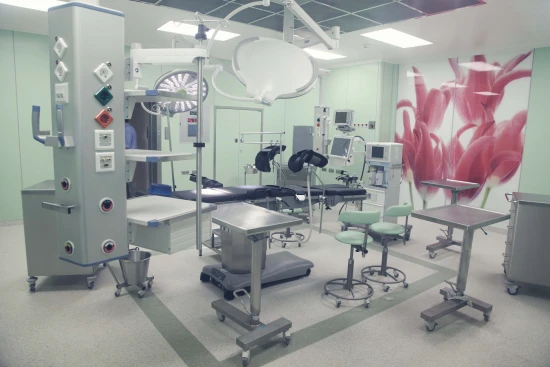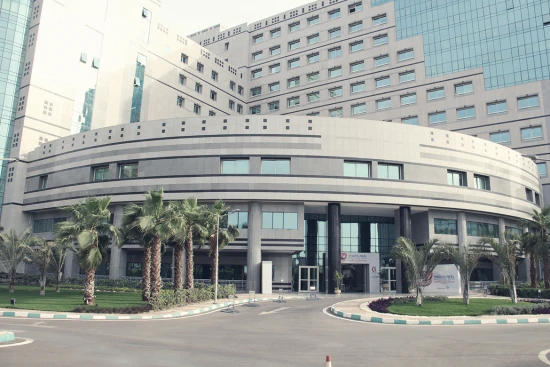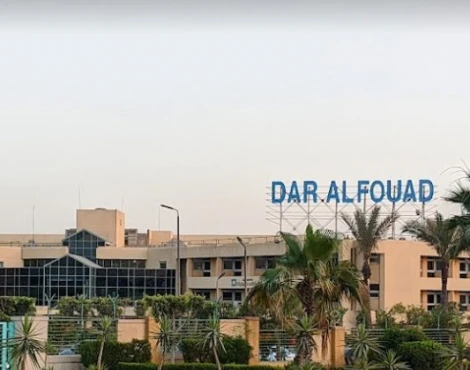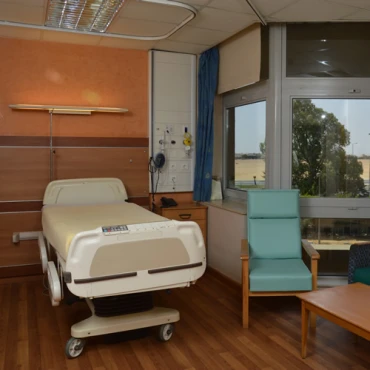Stomach cancer, also known as gastric cancer, is a malignant tumor that originates in the lining of the stomach, most commonly as adenocarcinoma. Risk factors include Helicobacter pylori infection, smoking, certain dietary habits, and a family history of the disease. Treatment usually involves a combination of surgery (such as partial or total gastrectomy), chemotherapy, and sometimes radiation therapy, depending on the stage and spread of the cancer.
Stomach cancer treatment in 1 Oncology clinic in Kenya
1 clinic specializing in Oncology providing treatment of
Stomach cancer
Stomach cancer, also known as gastric cancer, is the uncontrolled growth of malignant cells in the lining of the stomach. It can cause symptoms like abdominal pain, weight loss, and digestive issues, and often requires a combination of surgery, chemotherapy, and radiation for treatment.
Read more...
disease in Kenya.
Besides this clinic there are 15 Oncology clinics in Africa.
Such diseases are treated by Aga Khan University Hospital: Acute myeloid leukemia (AML), Aggressive non-Hodgkin lymphoma (NHL), Anorectal cancer, Benign brain tumor, Bile duct cancer, and others.
Relevant clinics
Perhaps you should consider the following relevant clinics we have found basing on your Location, Disease filters applied.
